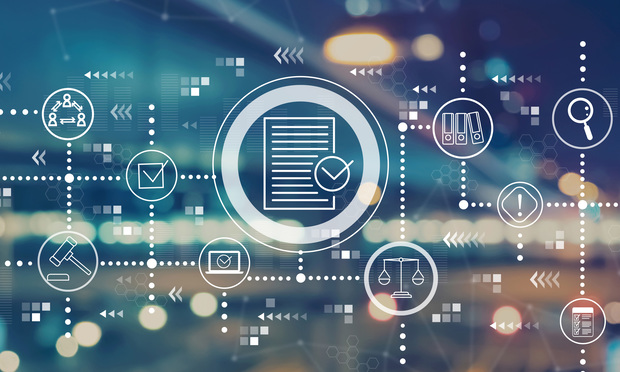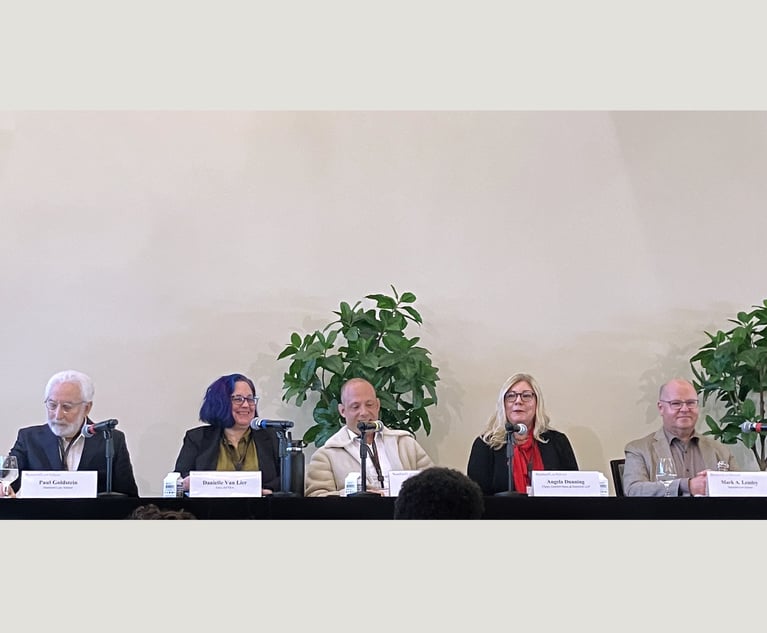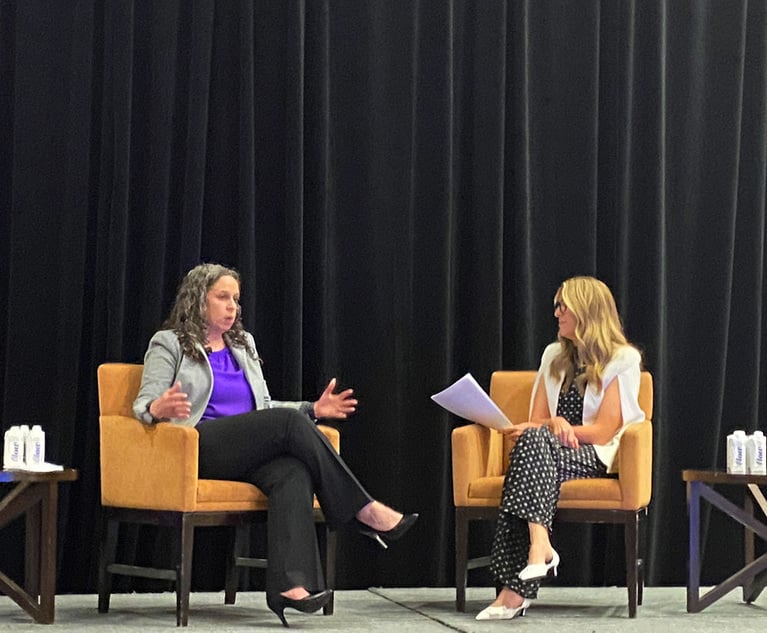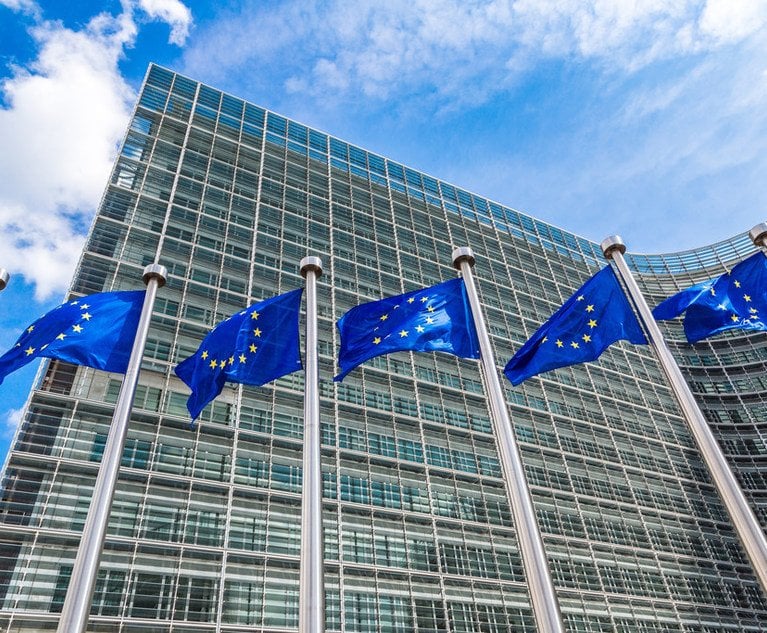At leading U.S. companies, it is by now a truism that in-house Legal should play a leading role in a company’s ethics and compliance program. In some companies, Compliance reports into Legal, while in others it is an entirely separate function; in many companies it is expected that the head of Compliance will be a lawyer, but in others that is not the case; and so on. Regardless, however, in-house Legal is expected not only to advise and defend the company with respect to legal risk, but also to engage with business leaders and key control functions to ensure that the company’s compliance rules are followed and that ethics and compliance are embedded in the organizational culture.
An increasing focus on corporate ethics and compliance programs globally has led to interesting conversations in many jurisdictions about the role of in-house Legal. Brazil is a fascinating case in point. Brazil is the largest economy in Latin America—and one of the top 10 in the world—and boasts a large and sophisticated legal profession. Since early 2014, Brazil has had an anti-corruption law (the Clean Companies Act) imposing direct liability on legal entities and incentivizing the implementation of compliance programs and cooperation with authorities. Then, with the watershed Lava Jato scandal and ensuing Brazilian government investigations and enforcement actions across many business sectors, Brazil underwent a sea change in terms of how the business and legal communities think about the role and importance of ethics and compliance programs. These changes brought about a discussion of the role of in-house lawyers, including how to draw on international practices.


 Photo: Adobe Stock
Photo: Adobe Stock







